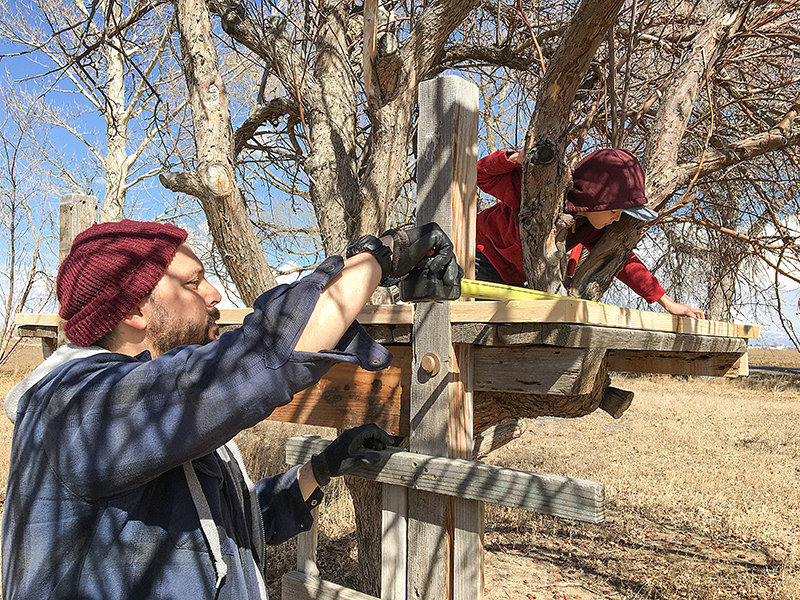One of the things I miss most about being a kid is being so bouncy. Kids can bounce around on trampolines, take a tumble, and yet, they’d always manage to spring right back up. Sure, there might be a few tears, but within minutes, they’d be back to their joyful play. Reflecting on this, I realize just how important that resilience is that we take for granted, especially in today's world. As adults, we understand the significance of nurturing this quality deliberately. Whether we’re parents, educators, or caregivers, we all have a role in fostering resilience in the next generation. That's why in this article, we're going to explore a few activities that can help encourage the resilience and determination kids need to thrive in an ever-changing world.
1.) Journaling
In an age where literacy/reading levels have slipped to the lowest it's been in decades, journaling could not be more important. There are many other benefits that have been uncovered, but we'll focus on the resilience aspect. The activities that encourage determination best are those that require patience, accountability, and responsibility. Journaling promotes each of these, spanning months and years if kids persist. To motivate your child to take up journaling, we recommend allowing them to pick out their own journal, so that it's truly theirs and is special to them.

2.) Cooking
You will probably want to do this one with your kids in order to spare your house, but cooking can be incredibly helpful in promoting determination and other good traits in our kids. In the kitchen, children learn to follow instructions, problem-solve, and adapt when things don't go as planned. Sometimes, dishes can take a little longer than the typical child's attention span, stretching it in a good way! Cooking also teaches resilience in dealing with failures, like a fallen cake or burnt cookies, and finding solutions to salvage the dish.
3.) Puzzle Solving
Puzzle solving is a wonderful way to inspire determination in children. Puzzles can be frustrating, but rewarding when finished! Whether it’s a jigsaw puzzle, a brain teaser, or a board game, puzzles encourage critical thinking and patience. When the pieces don’t fit together or solutions aren’t quick, children learn to be patient as they work through the challenge. Completing puzzles creates an amazing sense of accomplishment and increases confidence. When our kids encounter problems, we want them to solve it like a puzzle, trying different approaches until the right solution pops into place.

4.) Building Projects

